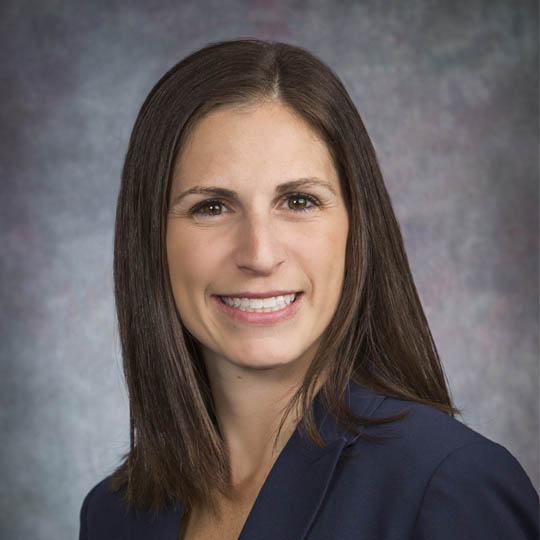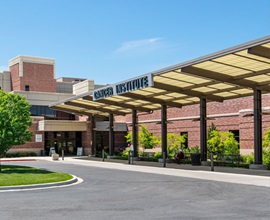-
Call Us
-
Baker City (541) 523-1001
-
Boise (208) 381-2222
-
Buhl (208) 814-1000
-
Caldwell (208) 381-2222
-
Eagle (208) 473-3000
-
Fruitland (208) 452-9000
-
Hailey/Ketchum (208) 727-8800
-
Jerome (208) 814-9500
-
McCall (208) 634-2221
-
Meridian (208) 706-5000Nearest Location
-
Mountain Home (208) 587-8401
-
Nampa (208) 381-2222
-
New Meadows (208) 634-2221
-
Ontario (208) 381-2222
-
Riggins (208) 634-2221
-
Sun Valley (208) 727-8800
-
Twin Falls (208) 814-1000
-
-
Health Services
-
Communities & Locations
Site Navigation
Supplemental
- About St. Luke’s
- Donate or Volunteer
- Blogs
- For Providers
- En Español
- Contact Us In Meridian (208) 706-5000
Menu
-
Health Services
Health Services Menu
Medical Services
Specialties, Conditions, Procedures & Treatments
Search by keyword or browse our list of services.
Providers
Find a provider by specialty, location, or availability.
On-Demand Virtual Care
Available 7 a.m. to 10 p.m. Monday-Friday and 8 a.m. to 8 p.m. on weekends.
Research Studies & Clinical Trials
See current studies testing new drugs, devices, and equipment to find better ways to treat and help patients.
Health Information
Health Activities
Life Events
-
Communities & Locations
Communities & Locations Menu
Facilities
Emergency & Urgent Care
For life-threatening medical emergencies, call 911 without delay. For a mental health crisis, call or text 988 for free and confidential crisis support.
Clinics
Search by specialty and location.
Hospitals & Medical Centers
Receive the highest level of care from the region's leading providers.
Labs & Imaging Centers
Find a lab or imaging facility close to you.
Pharmacies
Search for a retail pharmacy in your area.
Infusion Centers
Find an outpatient infusion center.
Business Services
Visit us to pay bills, ask billing questions, or request billing records.
Nearest You
-
Resources For Patients & Visitors
Resources For Patients & Visitors Menu
After Your Visit
-
 MyChart
MyChart
-
Search
Search Menu
- Cancer Survivor Becomes an Outspoken Supporter of the HPV Vaccine
Cancer Survivor Becomes an Outspoken Supporter of the HPV Vaccine

Carla Graham is proud to call herself a survivor of head and neck cancer caused by human papillomavirus, commonly known as HPV.
Her journey to recovery began two years ago. While working at the Twin Falls County Fair, she noticed she had a sore throat.
“I went to my doctor and she recommended that I get a biopsy. It turned out I had a tumor on my left tonsil that was already in stage 4,” she said. “After two months of high-dose radiation and chemotherapy, I am totally cancer-free.”
Graham calls herself “determined.” She said she wanted to get back to health as she knew it before she was diagnosed. And that’s what she’s done.
“I am back to full strength,” she said. “I feel very fortunate that with the technology today and my God that I was healed and spared.”
After undergoing treatment and learning more about HPV, she is now a vocal supporter of the HPV vaccine.
“One of the reasons why it is important to get the word out is to make the public aware of the fact that we do have something that can help prevent cancer,” Graham said. “I would definitely recommend parents getting these vaccines” for their children.
According to the Centers for Disease Control and Prevention, HPV is a very common virus; nearly 80 million people — about one in four — are infected in the United States. HPV is a group of more than 150 related viruses, some of which can lead to cancer. It is transmitted through intimate skin-to-skin contact, including sexual contact, and symptoms may appear years after the virus was transmitted, making it difficult to know when the infection occurred.
The vaccine can be administered to preteen boys and girls as young as 11 and 12, and can be given at any age to prevent cancer-causing HPV infections. The CDC has strongly encouraged vaccinating boys and girls before they would be exposed to the virus.
The vaccine schedule consists of three doses over the course of six months. The series of three shots gives the best protection, but even one can be beneficial.
At St. Luke’s Mountain States Tumor Institute (MSTI) in Twin Falls, for 2014 and 2015, up to 40 percent of head and neck cancer cases were HPV positive, and nearly 40 people out of 100 had a cancer caused by HPV that could have been prevented by the vaccine series. Due to the efforts of St. Luke’s staff and others, over the past three years, HPV vaccination rates in the Magic Valley have increased from 17 percent to 35 percent. It remains at 17 percent to 18 percent in the rest of Idaho.
The vaccination is available through physician offices or state health department offices.
About The Author

Michelle Bartlome is the public relations manager at St. Luke's Magic Valley.
Related Facility

Your Partner in Health.
People are at the heart of great health care. That's why we are committed to delivering compassionate, high-quality care tailored to the communities we serve.
Together with our community partners and patients, we're building a stronger, healthier future for all Idahoans.
